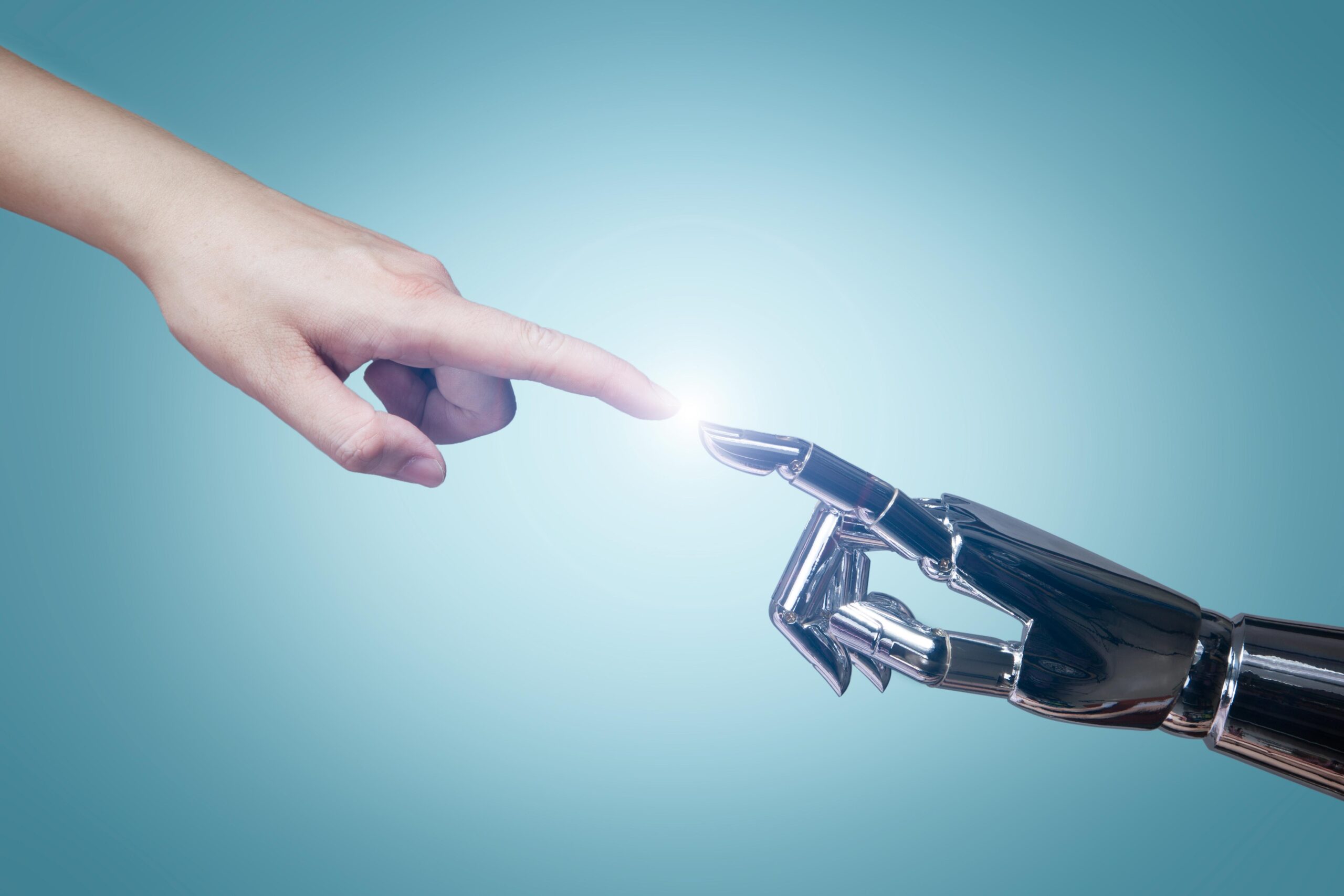Brits were recently surveyed by the Office for National Statistics to gauge their opinions on Artificial Intelligence (AI) and their outlook on its future applications.
A substantial portion of respondents expressed a positive Sentiment toward AI. To the majority, AI serves as a tool to assist rather than harm. Nevertheless, 27% of those interviewed have concerns regarding AI.
You take the blue pill – the Blog ends, you take the red pill – and I show you how deep the rabbit hole goes:
With 32% being unaware of the capacity of AI it’s only right that we define it. Here is the Microsoft-owned AI bot ChatGPT’s definition; “AI is a branch of computer science dedicated to crafting machines capable of emulating human intelligence, undertaking tasks encompassing problem-solving, learning, and decision-making.”
What are the sources of these apprehensions?
Primarily, concerns revolve around the potential for AI-driven entities to attain excessive intelligence and power, potentially endangering humanity. This is a rather dystopian thought process, but it resonates with prominent public figures such as Elon Musk and Bill Gates, opinions that can’t simply be ignored.
A second cause for AI-related concerns is the prospect of widespread unemployment. The idea of being displaced by mere lines of code not only affects pride but induces deep-set fear among many, for example, in Hollywood, with recent striking among actors and screenwriters being fuelled by the fear that AI bots could take their roles, developing entire movies from a sole prompt. (Writing the scripts, mimicking actors’ voices, and producing tailored videos!)
What fuels the optimism?
However, not all of us Brits view AI negatively. A respectable 41% of us remain in support of the use of AI. Frequently cited reasons include advancements in healthcare, where AI-driven bots meticulously analyse medical scans and even perform surgery with unparalleled precision, eliminating the potential for human error. Furthermore, technological enhancements are viewed positively, with AI contributing to the development of code as well as aiding space missions and commercial flight!
AI is certainly a polarizing topic in contemporary society, eliciting both favour and opposition. Ultimately, the most concerning statistic is doubtless the 32% of Britons seemingly unaware of what AI encompasses. Whether perceived as a force for good or ill, it is undeniable that AI has firmly established itself in modern society. Its influence is best exemplified via the financial market, with the AI industry’s valuation projected to escalate from a current $100 billion to a staggering $3 trillion by 2030, (as per Statistica’s assessment).
AI is here to stay and thus awareness is paramount as it becomes more and more integral to advancements in humanity.
And with that, Hasta La Vista, Baby.
